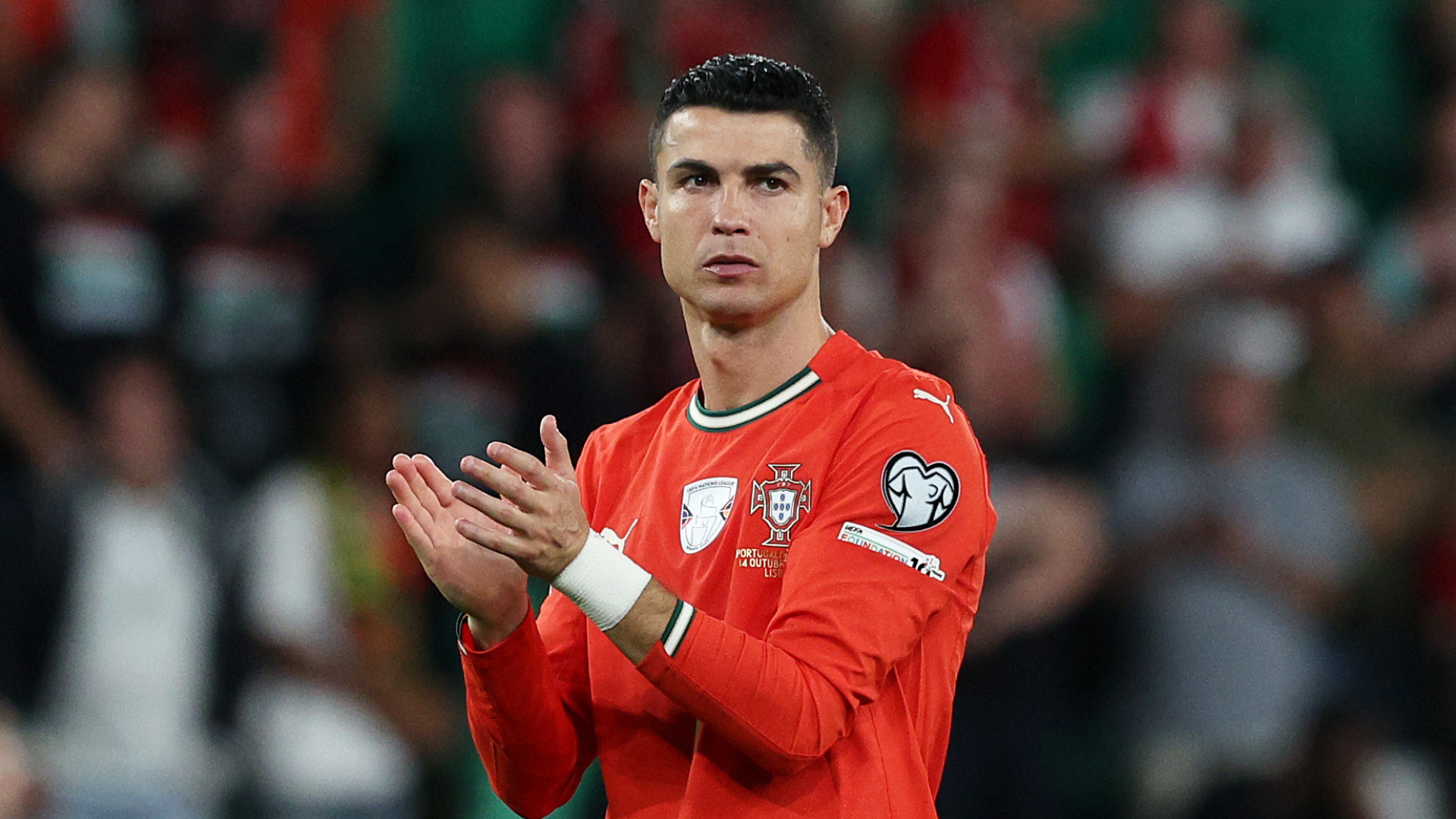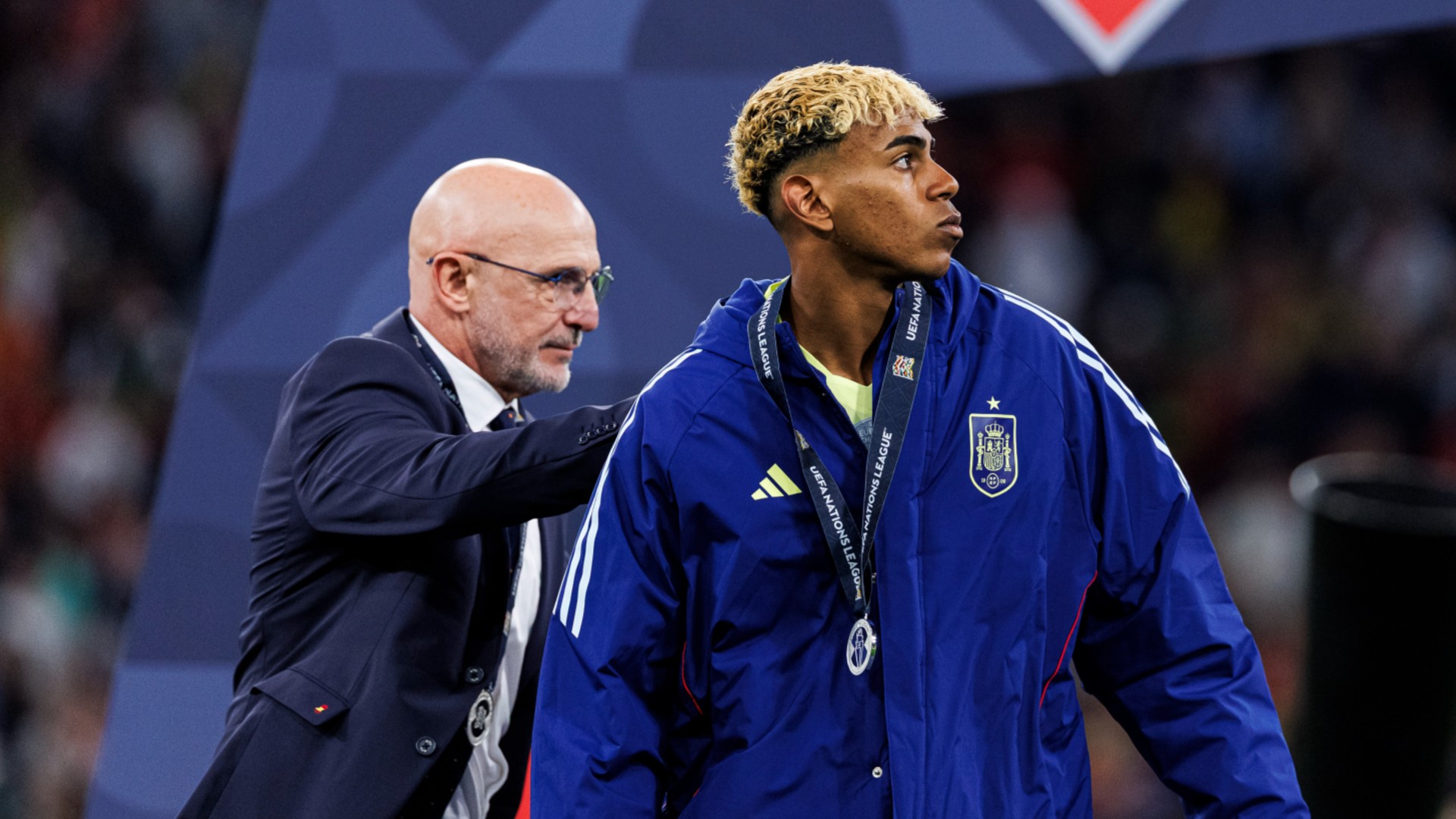PFA says urgent reform needed for A-League Women
Australia's top women's football league is falling behind global peers as it loses talent, attracts smaller match-day crowds and pays stagnating wages, a report has found.
Players union Professional Footballers Australia (PFA) likened the 11-team A-League Women (ALW) to a "burning platform" in its review of the 2024-2025 season published on Wednesday, which said more players reported "psychological distress" while juggling jobs outside their sport.
"The league is falling behind women's football leagues abroad and other women's competitions in Australia, leading to an alarming talent drain," the report said in its executive summary.
"Our minimum salary has gone from one of the highest among Australian women’s leagues pre-COVID to by far the lowest.
"Results from the PFA's end of season survey show that the ALW has become the least preferred league globally among our own players."
The report found average match-day crowds had fallen 26 percent to 1,559 in the 2024-2025 season as the buzz from Australia co-hosting the Women's World Cup with New Zealand in 2023 wore off.
The share of players reporting their financial situations as either "not at all" secure or only "slightly" secure had grown to 76 percent, up from 66 percent two years ago.
With minimum salaries of A$26,500 ($17,200) in 2025, ALW players earned a fraction of women in cricket (A$74,851) and Australian Rules football (A$67,337), while also trailing netball (A$45,320), rugby league (A$41,800) and basketball (A$29,465).
A mental health audit found 67 percent of ALW players experienced sport-related psychological distress, which includes anxiety and depression.
With 62 percent of players working away from the pitch, ALW's age profile was skewing younger as senior players opt to head overseas for better pay and conditions or quit the game entirely.
Players aged 21 and under accounted for nearly a third of playing minutes in the 2024-2025 season.
"The league is not providing sustainable careers for peak age and experienced players," the report said.
It said the United States was the biggest draw for local talent, with 13 players moving to the new USL Super League during transfer windows and six to the U.S.'s established National Women's Soccer League.
Conversely, ALW has become less attractive to foreign talent with clubs reduced to recruiting players from third, fourth and fifth division competitions in Europe.
Despite the challenges, PFA said there was "enormous opportunity" for the league from rapid growth in the global women's transfer market and prize money in regional and international club competitions.
Combined, they made a strong business case for ALW to become fully professional "but decision-makers at the league and clubs do not appear to be focused on the opportunity."
The PFA called on the league and club owners to use Australia's hosting of the Women's Asian Cup in March to refocus attention on ALW.
"But the other lesson we can now discern from the Women's World Cup is that in the absence of a compelling product which embodies women's progress, this attention will again be fleeting," the report said.
ALW's governing body, Australian Professional Leagues, and national federation, Football Australia, did not provide immediate comment.





























